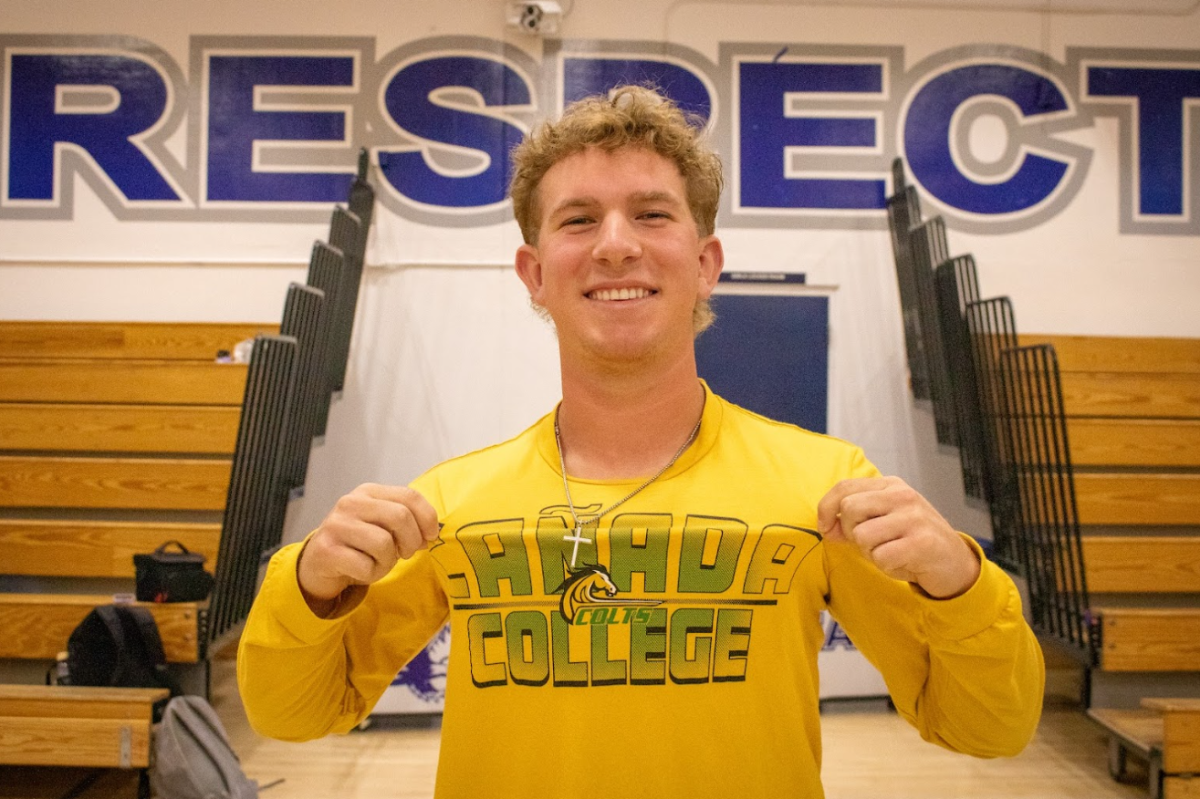A De Anza Force soccer player devotes ten hours to practices on weekdays alone, while a Vision volleyball player devotes nine. Hardtke Baseball Academy and San Jose Lady Sharks Softball players each commit twelve hours per weekend.
Club sports have overstepped in their expectations for time commitment. Though meant for recreation and exposure to recruitment opportunities, they have become all-consuming, encroaching upon academics and family life. Club coaches and administrators need to recognize how detrimental their expectations are to their players and either lessen the time commitment or be flexible with the schedules of the athletes.
For recruitment purposes, high commitment club coaches emphasize an academics-first mentality to encourage good grades. Often, grades factor into the commitment process. However, this order of priorities is more in theory than in practice. Senior Carmen Annevelink, a Vision Volleyball player, details the coach’s rationale behind their inflexibility.
“[You can’t miss practice for] too much homework because you should be expected to manage your time,” Carmen said. “They know that your teachers aren’t going to give you too much homework [and] it’s your fault if you have too much.”
Club coaches, more removed from academic pursuits than high school coaches, are more subject to assuming that the struggle to balance time between sports and school is the fault of the players. This causes club coaches to be apathetic towards the grievances of their players and ignorant towards the ramifications that come with the increasing the level of commitment. As club sports remain unregulated, coaches are free to exploit the devotion of the players.
Conflict between schoolwork and club sports does not end at practices. Tournaments also clash with the academics of athletes by forcing players to miss days of school. Clubs, often the sponsors of such tournaments, need to be regulated in their scheduling as currently they cause unnecessary difficulty in keeping up academically.
“The amount of work and lectures I miss gets me off track and behind on the lessons,” junior Carrie Wendelkin said. “It can be hard to catch up especially if the lesson is really important.”
Demanding tournament schedules can also have a negative impact on family life. Senior Kaitlyn Schiffhauer, a player for San Jose Lady Sharks Softball, has weekly tournaments throughout the months of September and October. Kaitlyn also travels for softball tournaments every weekend from Memorial Day to the second weekend of July.
“It’s definitely hard on our family, living in hotels for two months out of the year and that’s just in the fall, not even mentioning summer,” Kaitlyn said.
The amount of traveling tournaments expected of club athletes is worsened by their conflict with holidays.
“[Tournaments over holidays] either become family vacations, which I don’t think they should be, or you’re missing out on family events,” senior Patrick McColl said. “Over summer I was gone for three weeks so I didn’t see my family [or friends] for three weeks.”
Unlike high school sports, club sports have no regulations on practice times, tournament schedules or season duration. For club athletes to have better relationships with their sport, club administrators should lessen the expectation of commitment so that athletes are no longer forced to compromise their academics and family life for the sake of athletics.














